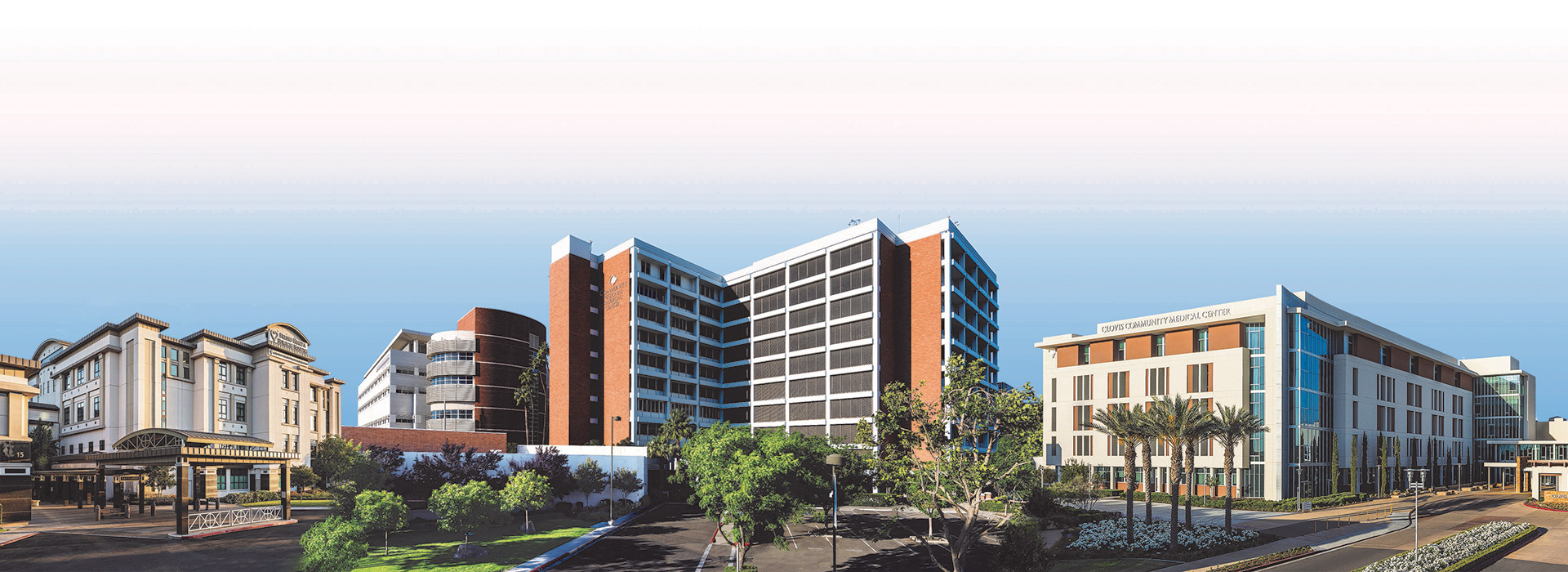
Respiratory Syncytial Virus (RSV) is known to cause severe illness or death in children. What most people don’t know is it can adversely affect adults too.
The most serious cases often involve pediatric patients, but a study shows RSV is becoming common in elderly patients and high-risk adults like those with chronic heart or lung disease.
 According to the Centers for Disease Control and Prevention (CDC), RSV and flu season peak at the same time. It ranges from September to May and can present earlier or later depending on the season. (See graphic)
According to the Centers for Disease Control and Prevention (CDC), RSV and flu season peak at the same time. It ranges from September to May and can present earlier or later depending on the season. (See graphic)Symptoms for adults are much like a cold or flu:
- Sore throat
- Runny nose
- Wheezing
- Lung irritation
If a physician suspects RSV, he or she would swab your mouth or nose to rule out other infectious diseases. Sometimes a blood test or chest X-ray is ordered to diagnose the disease. In the most severe cases, adult RSV patients are hospitalized for dehydration, severe infections or bronchiolitis (inflammation of the airways in the lungs.)
If you are experiencing difficulty breathing, have a high fever or your skin is the color blue (especially your lips or nailbeds), these are signs to see a care provider immediately.
While there are no vaccines to prevent RSV, the CDC recommends the same precautions to prevent cold and flu – constant hand washing, avoid touching your nose, eyes and mouth, avoid contact with others and stay home if you exhibit symptoms to not spread the virus.



.jpg)


